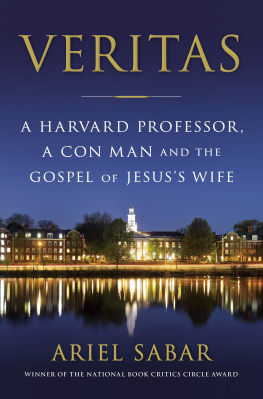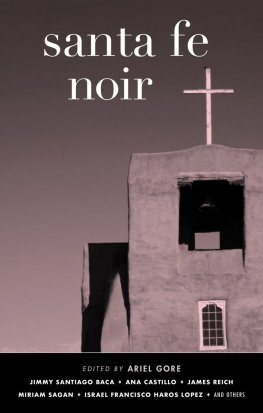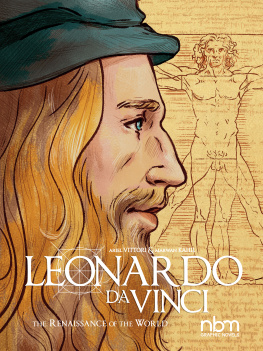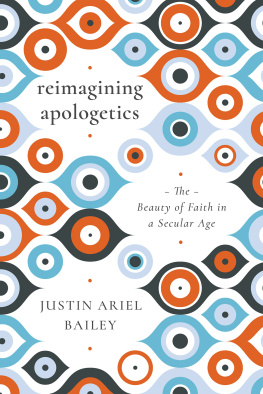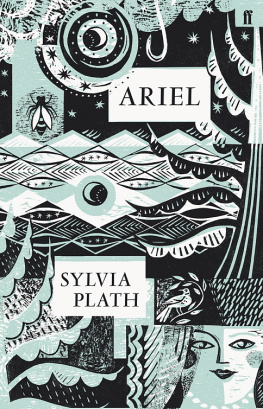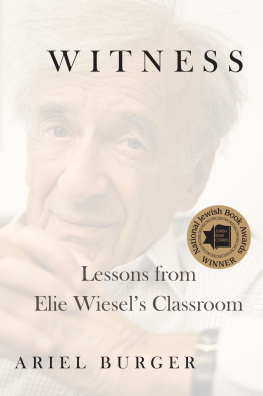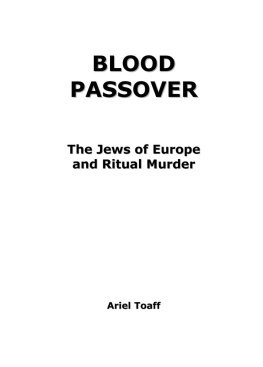Published by
ALGONQUIN BOOKS OF CHAPEL HILL
Post Office Box 2225
Chapel Hill, North Carolina 27515-2225
a division of
WORKMAN PUBLISHING
225 Varick Street
New York, New York 10014
2008 by Ariel Sabar.All rights reserved.
First paperback edition, Algonquin Books of Chapel Hill, October 2009.
Originally published by Algonquin Books of Chapel Hill in 2008.
Map illustration by Laura Williams.
Jacket art: photographMan on the Road to Zakho, Iraq, 1934 (donated from the collection of the late Abraham Jacob Braver to the Babylonian Jewry Heritage Center); borderKelim carpet, Mersida, Iraqi Kurdistan (lent by Itzhak Itzhak and his wife, the weaver, Ruhama, The Israel Museum, Jerusalem)
Library of Congress Cataloging-in-Publication Data is available.
E-book ISBN 978-1-56512-996-2
CONTENTS
Praise for My Fathers Paradise
A powerful story of the meaning of family and tradition inside a little-known culture.
San Francisco Chronicle
Remarkable A moving story about the near-death of an ancient language and the tiny flicker of life that remains in it.
The Washington Post Book World
Graceful and resonant A biography of [Sabars] father that is also part history, linguistics primer and memoir.
The New York Times Book Review
[A] thoughtful, touching book A never-ending parade of colorful characters I could not read quickly enough as the Sabars worked together to resurrect the past.
Elle
An engaging account of a wonderful, enlightening journey, a voyage with the power to move readers deeply even as it stretches across differences of culture, family, and memory.
The Christian Science Monitor
Excellent A compelling read The story is told with novelistic attention to narrative and detail, but its heart is Ariels heart, that of a son searching with love for the meaning of his relationship with his father.
The Providence Journal
[A] remarkable new memoir.
The Philadelphia Inquirer
The story is written with the skill of a wizened, Kurdish campfire storyteller regaling the youth of his village. It will make you wish for every father and son to each discover their individual paradise.
amNewYork
Im in love with [this] book With shimmering intimacy, the author describes life in Jewish Kurdistan [Sabar] writes with such precision and passion that its hard to believe he didnt experience all of these events himself.
Hadassah Magazine
Noteworthy Ariel Sabar makes Jewish history, family history and his personal journey come alive and speak to us all.
The Providence Journal-Bulletin
A lyrical and moving new memoir The author renders his fathers story with incredible understanding and pathos. It is beautifully written, and readers should run, not walk, to the bookstore to buy it.
World Jewish Digest
Be forewarned: you will lose sleep over this book [Sabar] mesmerizes from the very first sentences [He] narrates a saga so touching, so amazing, so miraculous that the reader will feel awe for the resiliency of the human spirit.
The Roanoke (VA) Times
Readers can only be grateful to him for unearthing the history of a family, a people and a very different image of Iraq Sabar offers something rare and preciousa tale of home and continuity that can be passed on for generations.
Publishers Weekly, starred review
With the novelistic skill of a Levantine storyteller the author spins a colorful tale inhabited by wonderful characters in billowing trousers and turbans A well-researched text falling somewhere between journalism and memoir, sustained by Mesopotamian imagination.
Kirkus Reviews
A compelling story In order to grasp Yonas life, its important to understand the 2,700-year history of Kurdish Jews, something Ariel writes about masterfully. Its his exhaustive interweaving of world history and family stories that make My Fathers Paradise such a fascinating read.
Jewish News Weekly
A sensitive exploration Part memoir, part journalism and part imaginative re-creation of the lost world of Kurdish Jews.
BookPage
Written with a reporters flair for people and places Recommended.
Library Journal
An involving memoir that works as both a family saga and an examination of a lost but treasured community.
Booklist
[Sabar] writes movingly about the 2,700-year-old Kurdish Jewish communitys uprooting as a byproduct of Zionism, followed, sadly and ironically, by widespread Israeli Ashkenazic prejudice toward Kurds and other Middle Eastern Jews in the Jewish state.
Baltimore Jewish Times
This touching and brilliantly written book tells a story through a blend of community history and the authors own family biography. It is an incredible story of a man divided among three cultures. The striking discontinuities in Yona Sabars journey reveal the transformations of an immigrants life as much as its trials and heartbreak.
Sammy Smooha, PhD, winner of the 2008 Israel Prize
for sociology and author of Arabs and Jews in Israel
An enchanting combination of history, family, and discoveryAriel Sabars chronicle of his journey is flat-out wonderful.
Rabbi David Wolpe, author of Why Faith Matters
Taut and extravagant. A sweeping saga with the cadence of a Biblical tale.
Daniel Asa Rose, author of Hiding Places:
A Father and His Sons Retrace Their Familys
Escape from the Holocaust

I searched to discover which was the first of all languages. Many have said that the Aramaic is most ancient, and that it is in the nature of man to speak it without having been taught by anyone. Further, that if a newborn child were placed in the desert with no one but a mute wet nurse, he would speak Aramaic.
ABRAHAM IBN-EZRA, twelfth-century commentator and linguist

A Note on Method
To RESEARCH THIS BOOK, I interviewed nearly one hundred relatives, family friends and acquaintances, scholars, and others. I conducted research at libraries, special collections, and government archives in the United States, Israel, and the United Kingdom. I traveled to Iraq, Israel, and cities across the United States to see crucial settings with my own eyes. I collected family letters, diaries, photographs, and official documents. I read transcripts of my grandmothers recorded oral histories. And I spent untold hours harrying my father with questions. I took pains to find every living relative and acquaintance in a position to shed light on my familys story.
But while this book is by and large a work of nonfiction, it is not formal history or biography. Nor is it journalism. In parts of this story where key sources had died or where memories had faded, I built on the framework of known facts and let myself imagine how the particulars of a scene or dialogue would be likely to have unfolded.
A book on ones family is by its nature a subjective exercise. But I have tried in every instance to keep faith with the larger emotional truth of my familys saga.
I changed the names of people who were involved in a family controversy in Israel, because they are dead and did not have a chance to defend themselves. I created a few minor composite characters in an effort to streamline the narrative. Also, in the scenes in modern-day Kurdish Iraq, I changed the names of the people who helped me, out of concern for their security.
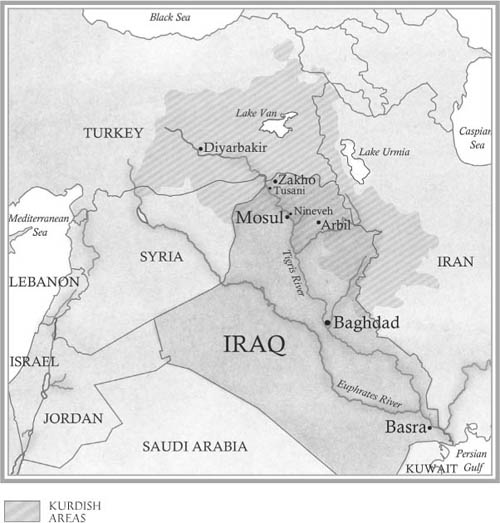
Next page

